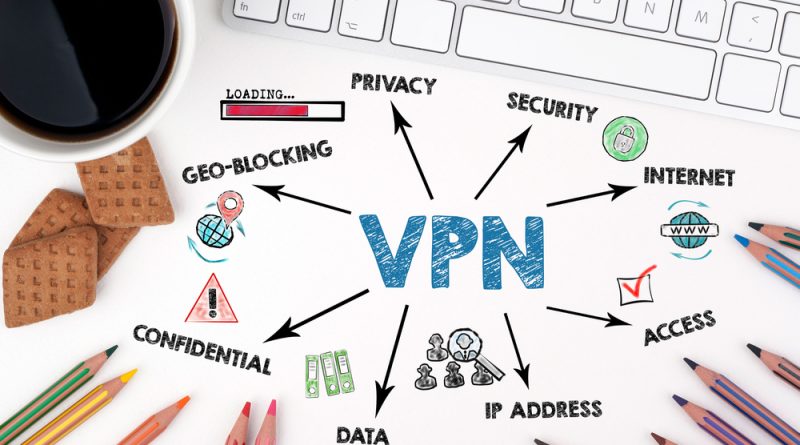Should Your VPN Always Be On? The Benefits and When to Switch Off
Using a VPN has become an essential part of securing digital privacy, with options like “auto-connect” making it simple to leave it on all the time. But is keeping your VPN active 24/7 always the best approach? Here, we’ll explore the reasons why having your VPN continuously active can boost privacy, security, and convenience, as well as the few cases when it might be better to turn it off.
1. Enhanced Digital Privacy
A VPN encrypts your internet traffic, making it unreadable to hackers, advertisers, and even your internet service provider (ISP). This secure “tunnel” safeguards your data from prying eyes, whether you’re at home or connecting to public Wi-Fi, where security is often compromised. For those concerned about data collection and tracking, keeping your VPN on ensures continuous privacy.
2. Public Wi-Fi Protection
Public Wi-Fi networks, while convenient, are notoriously vulnerable to cyberattacks. Hackers can set up fake access points, or “evil twins,” to collect data from unsuspecting users. With your VPN active, even if you connect to a compromised network, your data remains encrypted and secure, protecting you from potentially malicious operators.
3. Access to Region-Restricted Content
VPNs allow users to access content locked to specific regions. Whether streaming your favorite shows or accessing blocked news sites while abroad, a VPN tricks the platform into recognizing a different location. Keeping your VPN on can ensure seamless access to content without interruptions.
4. Better Bargains and Price Comparisons
VPNs can help online shoppers find better deals by changing their virtual location, which can reveal region-specific discounts. For instance, hotel and airline sites may show different prices based on your IP address. Additionally, VPNs can prevent price hikes caused by repeated visits to the same site, ensuring you get the original price every time.
5. Freedom from Targeted Ads
Advertisers track users to create detailed profiles for targeted ads, often following your browsing across platforms. VPNs prevent this by masking your IP address and using built-in ad blockers to restrict access to ad networks. This way, your browsing remains private, and your exposure to ads is significantly reduced.
6. Protection in Surveillance-Heavy Environments
In some countries, VPNs allow users to bypass government censorship, protecting access to platforms like social media and Wikipedia. By leaving your VPN on, you can safely navigate a range of content without your activity being traced back to your ISP, protecting your privacy even under strict surveillance.
7. Circumventing Firewalls
At schools, workplaces, and other organizations, firewalls often block certain websites. A VPN can help bypass these blocks by encrypting your traffic, making it difficult for network administrators to see what you’re accessing. For these cases, an obfuscated VPN protocol — which uses the same ports as HTTPS — can be particularly effective.
8. Avoiding Bandwidth Throttling
Many ISPs monitor activity and throttle speeds for certain high-bandwidth activities like gaming or streaming. A VPN can prevent throttling by hiding your traffic from the ISP, allowing you to experience faster speeds without restrictions.
When Should You Turn Off Your VPN?
While VPNs are generally beneficial, some situations call for turning it off temporarily:
- Connection Speed: If your connection seems slow, especially when connected to a distant server, turning off your VPN or selecting a closer server can help you troubleshoot the issue.
- Access to Specific Portals: Certain public Wi-Fi networks, such as those in hotels or airports, require users to log in through a portal before accessing the internet. You may need to disconnect your VPN temporarily to log in, after which you can reconnect it.
- Banking: Some banking apps block logins from unfamiliar IPs for security reasons. In these cases, turning off your VPN briefly or using a VPN with split-tunneling can provide a workaround, letting you connect to banking services through your regular internet while keeping the VPN on for other activities.
The Verdict: A VPN Can Be Your 24/7 Security Companion
With the advantages of enhanced privacy, protection from public Wi-Fi attacks, and access to global content, leaving your VPN on is a good choice for most users. While occasional adjustments are needed for speed, network-specific logins, or banking, the benefits of keeping your VPN active far outweigh these minor inconveniences. By enabling features like auto-connect and exploring split-tunneling options, users can enjoy a more secure, private online experience with minimal disruptions.
Photo Credit: DepositPhotos.com

